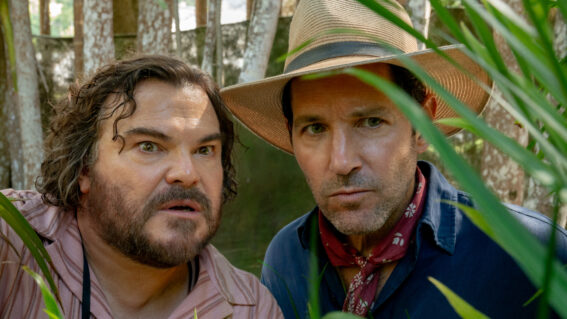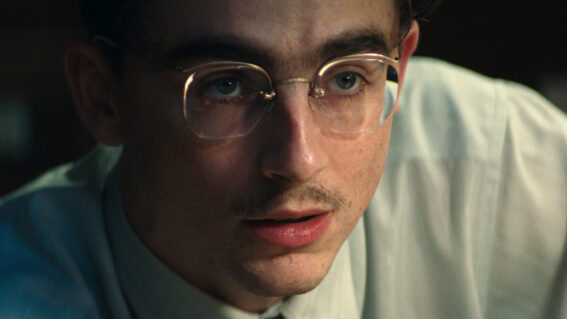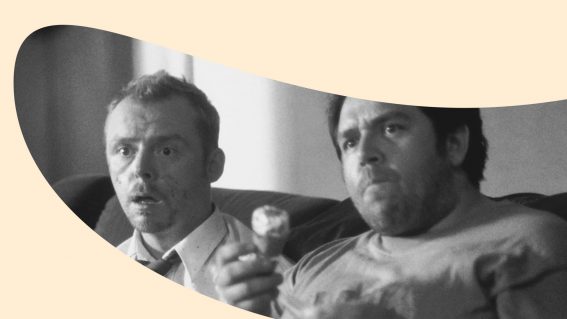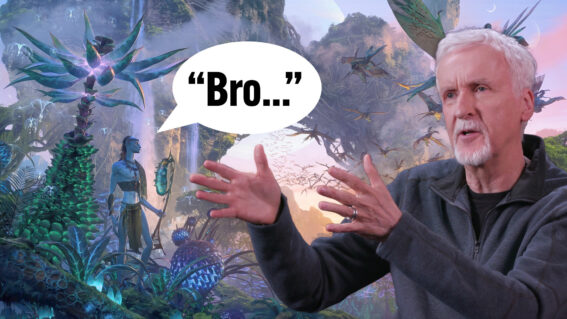Ocean with David Attenborough is a softly-spoken sledgehammer
A quiet voice with seismic impact, David Attenborough confronts destruction with clarity, wisdom, and hope.
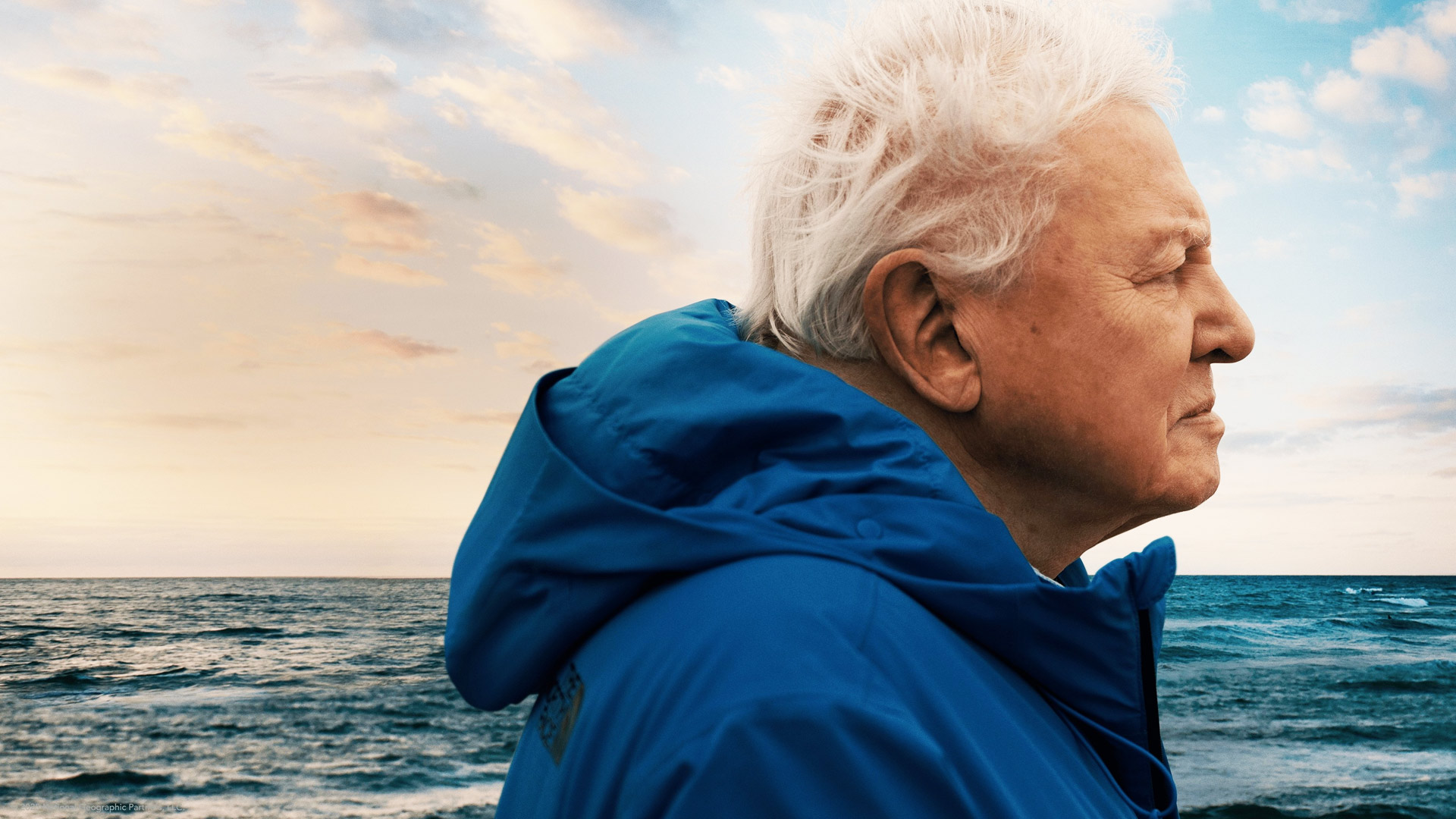
Oceans rise; empires fall; fashions come and go. But the mighty David Attenborough remains. The beloved biologist and broadcaster is 99-years-old and still in fine form, presenting Ocean with David Attenborough, a powerful new documentary assessing the devastating global impact of overfishing and in particular bottom trawling.
If this were anybody else, I might’ve woven into that previous sentence “and shows no signs of slowing down.” But when was ol’ Atto in a hurry? He doesn’t seem like the kind of person who slams his coffee down and arrives somewhere in the nick of time, flustered and sweaty. Remember that iconic shot of Indiana Jones sliding under a closing door? Attenborough would’ve gone through it with time to spare, after having a cuppa and reading the paper.
An enduring part of his appeal, as we’re reminded every time he speaks—which, in Ocean with David Attenborough, is a lot—is the embodiment of sheer poise, dignity, reason. Attenborough projects moral and intellectual authority: a feeling you’re listening to a discerning person who would never, in a million years, no matter how great the temptation or how scarcely populated the building, fart in an elevator.
I have no idea what he thinks of the word “activist,” but I suspect he doesn’t like it and prefers a softer label—like “advocate.” The cultural space Attenborough occupies is not unlike the so-called “sensible center” of political discourse. This is partly a result of a carefully cultivated public image, reflecting the above attributes, and the manner with which his arguments are made and framed. In a documentary like Ocean, this involves pre-empting criticisms and potentially sensitive areas.
This is why Attenborough and the directors (Colin Butfield, Toby Nowlan and Keith Scholey) emphasise that their film isn’t anti-fishing; it’s anti-waste and anti-destruction. Having established, via a range of case studies, that underwater life exists in a delicate balance, they show the effects of bottom trawling, a process that involves a massive net that “smashes its way across the seabed, destroying nearly everything in its path.”
Exquisite underwater meadows, teeming with colour and life, are “ploughed into soot,” often ripped apart for the sake of catching just one sort of fish—everything else thrown away. Observing the before-and-after visual contrast should shock us more than any horror movie. The filmmakers insert into this moment a simple but salient line: “it’s hard to imagine a more wasteful way to catch fish.” Who could dispute such logic?
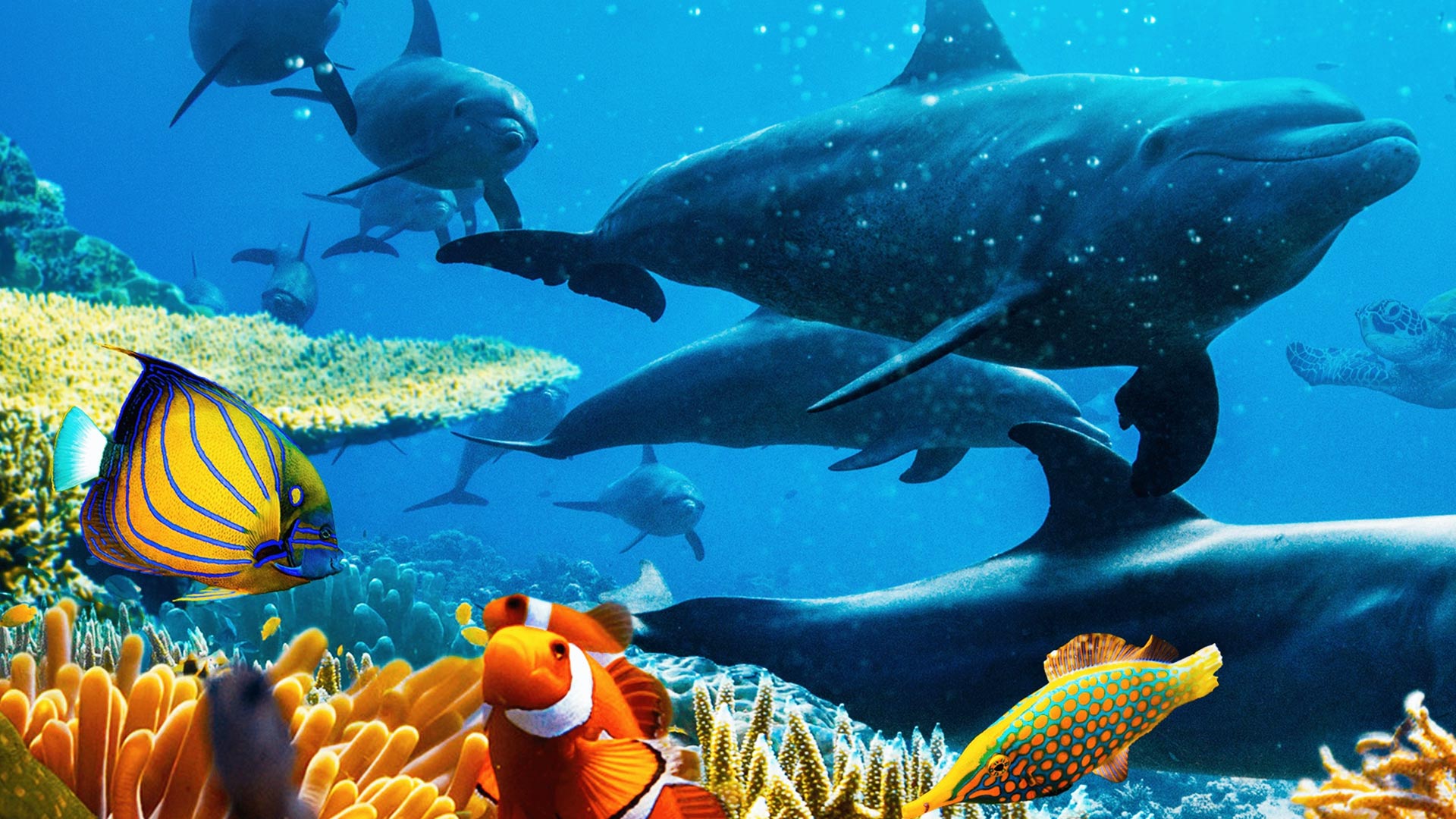
Bolstering the argument further, Attenborough explains that this churning also releases huge amounts of carbon dioxide, which contributes to global warming. Step by step, in careful measures, the argument expands, taking additional moral and intellectual dimensions. At one point Attenborough observes that big trawling vessels tend to come from wealthy countries, taking fish poor populations rely on for food—which he describes as “modern colonialism.” The directors don’t linger on or flesh out that comment, understanding the impact of a couple of well-placed pointy words.
But the greatest example of Ocean occupying that “sensible” pragmatic space arrives in its conclusion, which predictably pivots into optimism and potential solutions. And what a solution! The film’s ultimate answer, about how to make things right again, restoring life to the sea in ways that could “change everything,” is perfectly calibrated to reject that swelling feeling that this all may be too tricky to solve. It is: just do nothing.
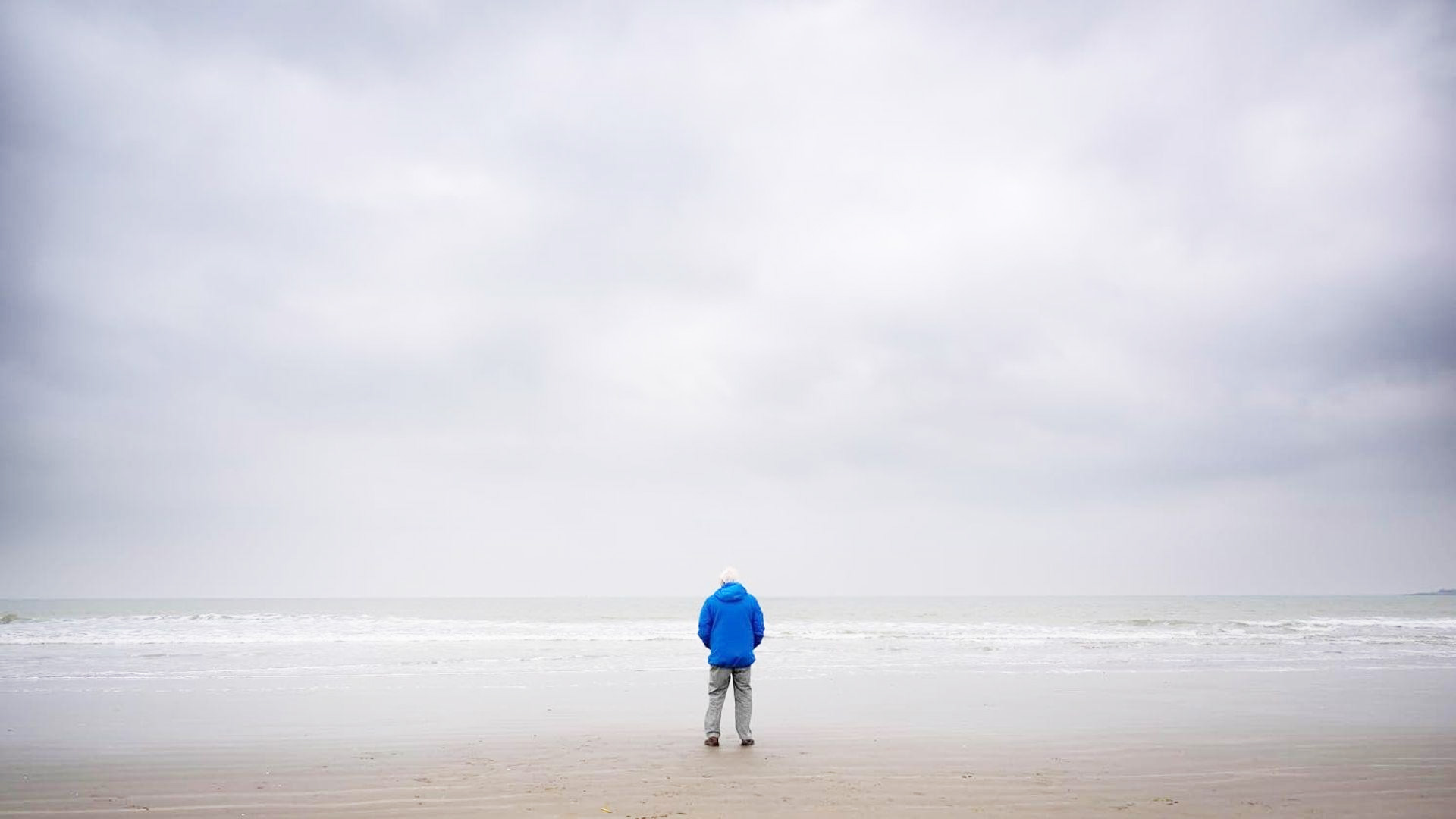
Leave the ocean—well, designated parts of it—alone, Attenborough says, and it’ll almost magically restore itself, triggering a case study that demontrates nature’s ability to bounce back if given the chance. Can one imagine a solution more convenient, or easier to understand, than “do nothing, just leave it alone”?
There are nuances to this (for instance scientists estimate that roughly a third of earth’s oceans need to be preserved) but here, again, we have the voice of reason, asking us to have a think, to take a step back, to be rational. The world is fickle and fraught—but the mighty David Attenborough remains.







